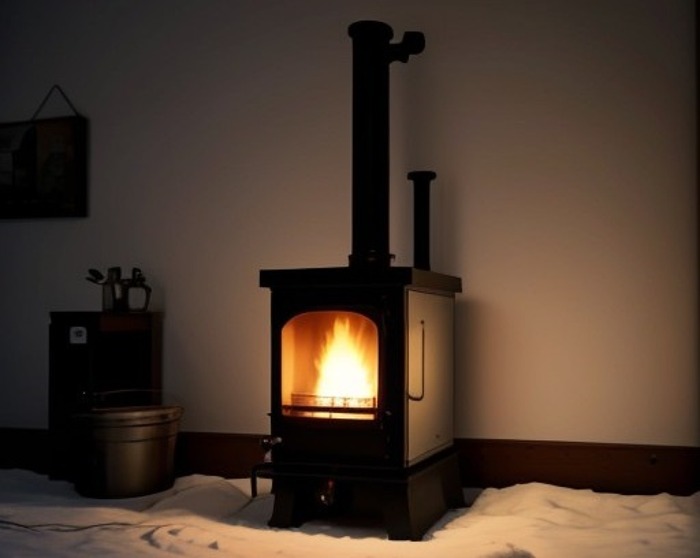
A solid fuel boiler is a heating device that uses a solid substance such as wood, coal, pellets (pressed wood granules) or briquettes as fuel. It is designed to heat rooms and supply hot water.
Fuel types :
- Firewood
- Coal
- Pellets
- Briquettes
The capacity of boilers varies depending on the model and needs. For heating a private home, boilers with a capacity of 10 to 50 kW are usually used, while for large buildings, devices with a capacity of over 100 kW are required.
Advantages of solid fuel boilers:
- Economy — the use of solid fuel, especially if it is available at a low price or is produced independently.
- Autonomy — does not require connection to gas or electricity networks, which is especially important in remote areas.
- Fuel variety — ability to use different types of solid fuel, depending on availability.
Cons :
- The need for regular maintenance — frequent loading of fuel and cleaning of the boiler from ash and combustion products is required.
- Dependence on fuel quality — for the boiler to operate efficiently, you need to select the right fuel. Wet firewood or low-quality pellets can reduce the efficiency of the device.
- Less automation — most solid fuel boilers require manual loading of fuel, although there are automatic models that run on pellets.
Thus, a solid fuel boiler is a reliable and autonomous heating solution, which is especially suitable for places with limited access to gas networks.
Solid fuel boilers: calculation of a double-circuit boiler for heating and water heating
Solid fuel boiler: heating and water heating